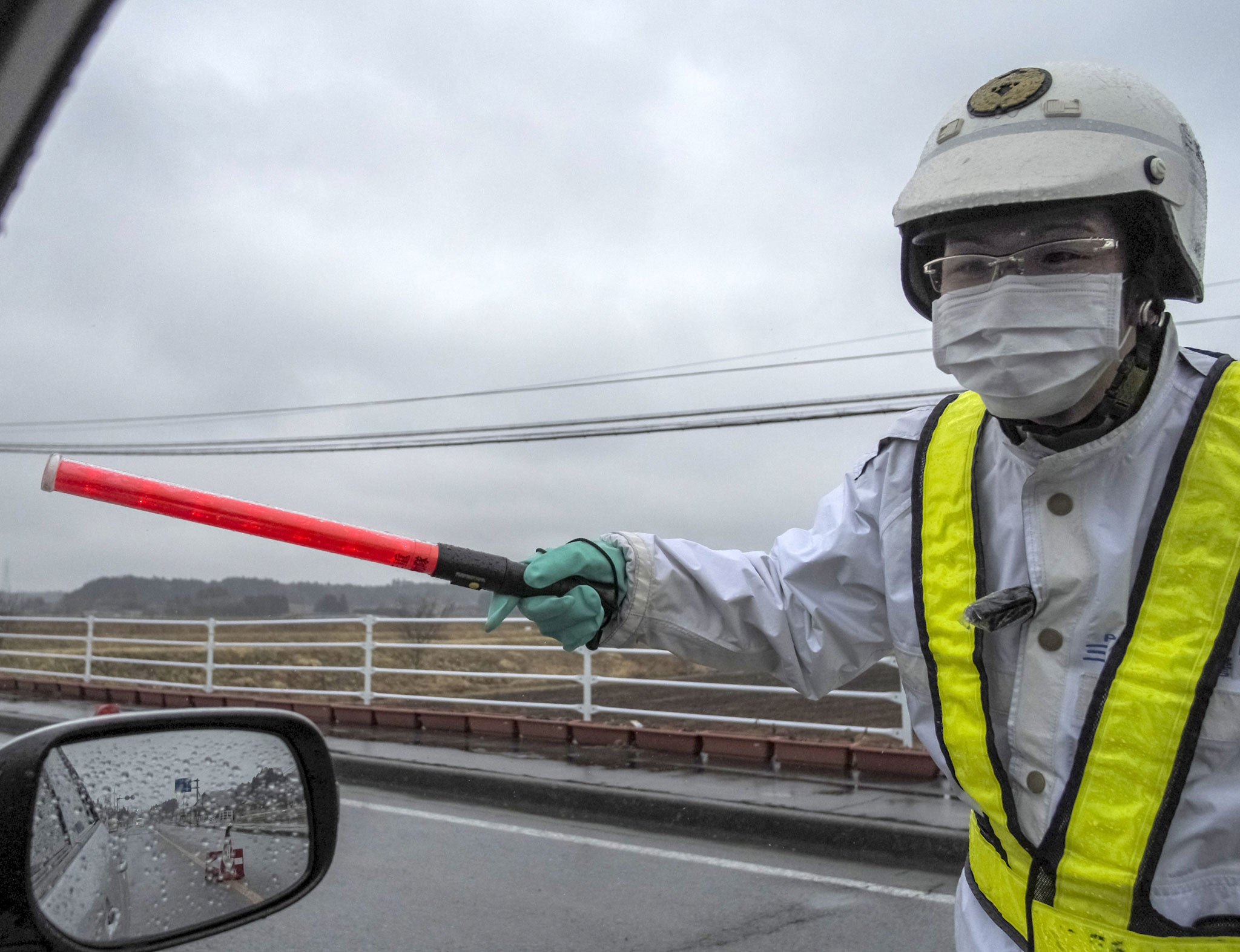Radiation levels at Fukushima '18 times higher than previously thought'

Your support helps us to tell the story
From reproductive rights to climate change to Big Tech, The Independent is on the ground when the story is developing. Whether it's investigating the financials of Elon Musk's pro-Trump PAC or producing our latest documentary, 'The A Word', which shines a light on the American women fighting for reproductive rights, we know how important it is to parse out the facts from the messaging.
At such a critical moment in US history, we need reporters on the ground. Your donation allows us to keep sending journalists to speak to both sides of the story.
The Independent is trusted by Americans across the entire political spectrum. And unlike many other quality news outlets, we choose not to lock Americans out of our reporting and analysis with paywalls. We believe quality journalism should be available to everyone, paid for by those who can afford it.
Your support makes all the difference.Radiation levels at Japan's Fukushima nuclear plant are 18 times higher than previously thought, according to officials.
The news follows last week's announcement that 300 tonnes of toxic water had seeped into the ground from one of the site's 1,000 giant containers before anyone had noticed.
The Tokyo Electric Power Company (Tepco), which runs the facility, has now said the readings near that tank showed radiation strong enough to kill someone exposed to if for four hours.
The leak was categorised as a Level 3 event, the most serious category since the 2011 meltdown, caused by that March's earthquake and tsunami which killed thousands.
According to the BBC, Tepco made the initial readings using equipment that could only read emmissions of up to 100 millisieverts an hour, and got a reading of 100 millisieverts an hour.
A second recording, using more sensitive kit, showed 1,800 millisieverts an hour.
Japanese Prime Minister Shinzo Abe has promised his government will do more to prevent radioactive leaks.
He said: "The accident in Fukushima cannot be left entirely to Tokyo Electric Power. There is a need for the government to play a role with a sense of urgency, including taking measures to deal with the waste water."
Subscribe to Independent Premium to bookmark this article
Want to bookmark your favourite articles and stories to read or reference later? Start your Independent Premium subscription today.
Join our commenting forum
Join thought-provoking conversations, follow other Independent readers and see their replies
Comments